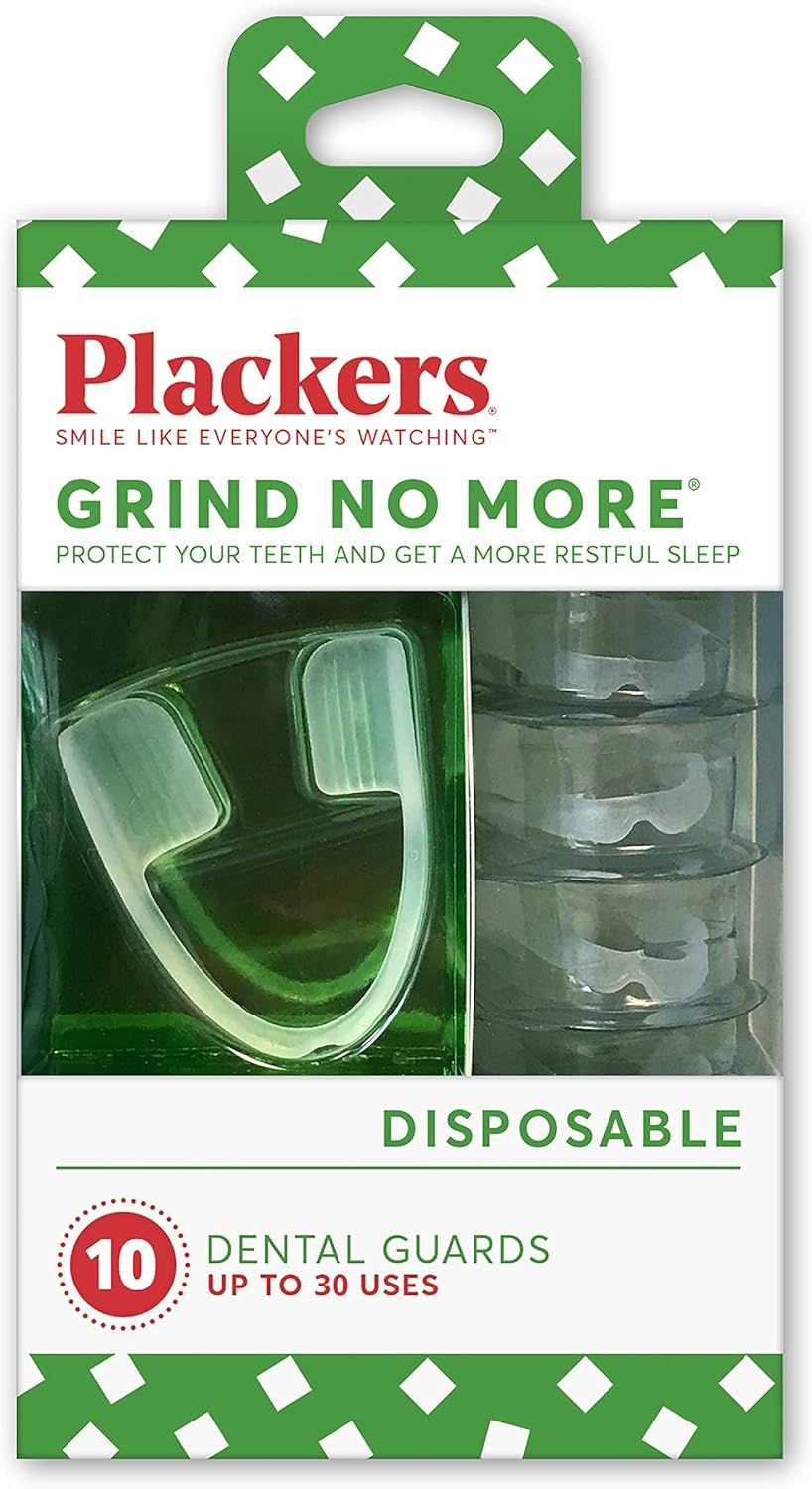Unlocking Better Sleep: The Role of Tongue and Throat Muscles in Airway Health and Myofunctional Therapy
- Dr. Elbert Chao
- Sep 25, 2025
- 4 min read
Updated: Oct 2, 2025

In our fast-paced world, quality sleep often feels like a luxury. Yet, for millions struggling with issues like snoring, sleep apnea, or restless nights, the key to better rest might lie in something as simple as strengthening the muscles in your tongue and throat. Today, we're diving into the importance of these often-overlooked muscles, drawing insights from innovative solutions like
those offered by REMastered Sleep (remasteredsleep.com). We'll explore how they impact your airway, sleep quality, and conditions like sleep apnea, while also touching on the broader benefits of myofunctional therapy.
Why Tongue and Throat Muscles Matter
Your tongue and throat muscles aren't just for talking or swallowing—they play a crucial role in maintaining an open airway. These orofacial muscles help support the structures in your mouth and neck, ensuring proper breathing, especially during sleep. When they're weak, the airway can collapse or narrow, leading to disrupted breathing patterns. Modern lifestyles, with soft processed foods dominating our diets, have contributed to underused facial muscles, smaller jaws, and weaker airways over generations. This evolutionary shift increases the risk of airway issues, affecting everything from daily energy levels to long-term health.
Strengthening these muscles through targeted exercises can reposition the tongue for better posture, promote nasal breathing, and enhance overall muscle tone. It's like giving your airway a workout, making it more resilient and less prone to obstruction.
How Strong Muscles Support Your Airway and Sleep
A healthy airway is the foundation of restful sleep. When tongue and throat muscles are toned, they help keep the airway open, allowing for smooth, uninterrupted breathing. This is particularly vital at night when muscle relaxation during sleep can cause the tongue to fall back, blocking airflow. Improved muscle strength leads to better airway control, reducing the chances of partial or complete blockages.
The benefits extend beyond just breathing: stronger muscles support better swallowing, reduce mouth breathing (which can dry out the throat and worsen irritation), and even contribute to aesthetic improvements like a more defined jawline or reduced double chin, as some users report. For children, a strong airway is essential for proper growth and development, preventing issues that could carry into adulthood.
Tackling Sleep Apnea and Snoring
Sleep apnea, a condition where breathing repeatedly stops and starts during sleep, affects over a billion people worldwide, often going undiagnosed. Weak tongue and throat muscles are a major culprit, as they allow the airway to collapse. Myofunctional therapy, which includes exercises for these muscles, has shown promising results: it can decrease the apnea-hypopnea index (a measure of sleep apnea severity) by about 50% in adults and 62% in children.
Snoring, often a precursor to sleep apnea, also benefits from muscle strengthening. Exercises targeting the mouth, jaw, tongue, nose, and throat can make snoring less frequent and quieter by bolstering the muscles around the airways. Users of targeted therapies report significant improvements, with some experiencing up to 93% reduction in snoring after consistent use. This not only helps the individual sleep better but also spares partners from nightly disturbances.
The Power of Myofunctional Therapy
Myofunctional therapy is a natural, non-invasive approach that retrains the muscles of the face, mouth, and tongue to function optimally. It addresses dysfunctions that contribute to poor breathing habits, promoting nasal breathing over mouth breathing for better oxygen intake and reduced snoring. By focusing on tongue posture and oral muscle strength, it helps keep the airway open, alleviating sleep-related breathing disorders.
Beyond sleep apnea, myofunctional therapy supports overall oral health, improves swallowing patterns, and can even enhance facial aesthetics. It's particularly effective for both pediatric and adult patients, helping reposition the tongue and increase muscle tone to combat obstructive sleep apnea symptoms. Regular exercises, like those for the tongue and throat, can lead to lasting improvements in sleep quality and daily well-being.
Spotlight on REMastered Sleep's Innovative Solution
At the forefront of this muscle-strengthening revolution is REMastered Sleep's REMplenish™ Myo-Nozzle, a patented attachment for water bottles that turns hydration into a myofunctional workout. By providing targeted resistance while drinking, it strengthens tongue and throat muscles, reinforcing proper tongue position and airway stability. It's designed to integrate seamlessly into daily routines, making therapy accessible and effortless.
Users rave about its impact: from toned muscles and reduced snoring to better sleep and fewer apnea episodes. Backed by a usability study and even featured in a clinical trial at the Mayo Clinic, it's trusted by over 75,000 people. If you're dealing with sleep issues, this could be a game-changer—simple, effective, and rooted in science. This is the product we recommend here at Leap Chiropractic.
Conclusion: Breathe Easier, Sleep Better
Investing in your tongue and throat muscles through myofunctional therapy isn't just about fixing sleep problems—it's about enhancing your overall health and vitality. Whether through exercises or tools like the REMplenish Myo-Nozzle from remasteredsleep.com, strengthening these muscles can open up your airway, curb sleep apnea, silence snoring, and deliver the restorative sleep you deserve. If you're ready to remaster your sleep, start by exploring these options and consulting a healthcare professional. Sweet dreams await!
For other Recommended Products
Dr. Elbert Chao D.C.
Leap Chiropractic




Comments